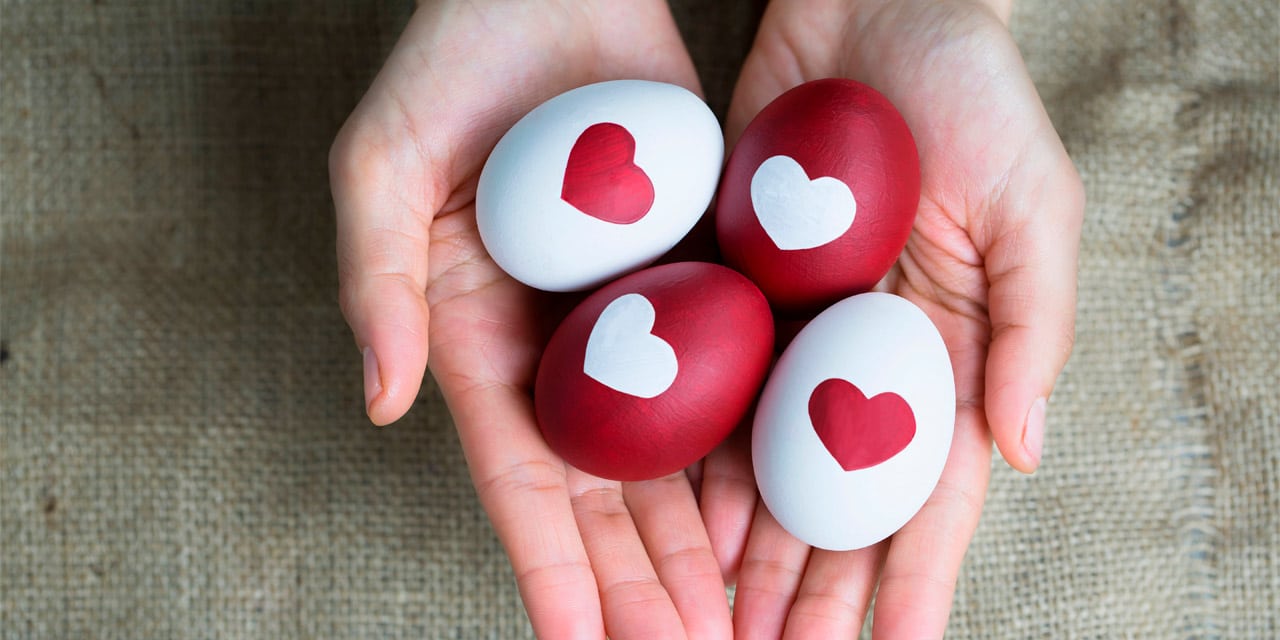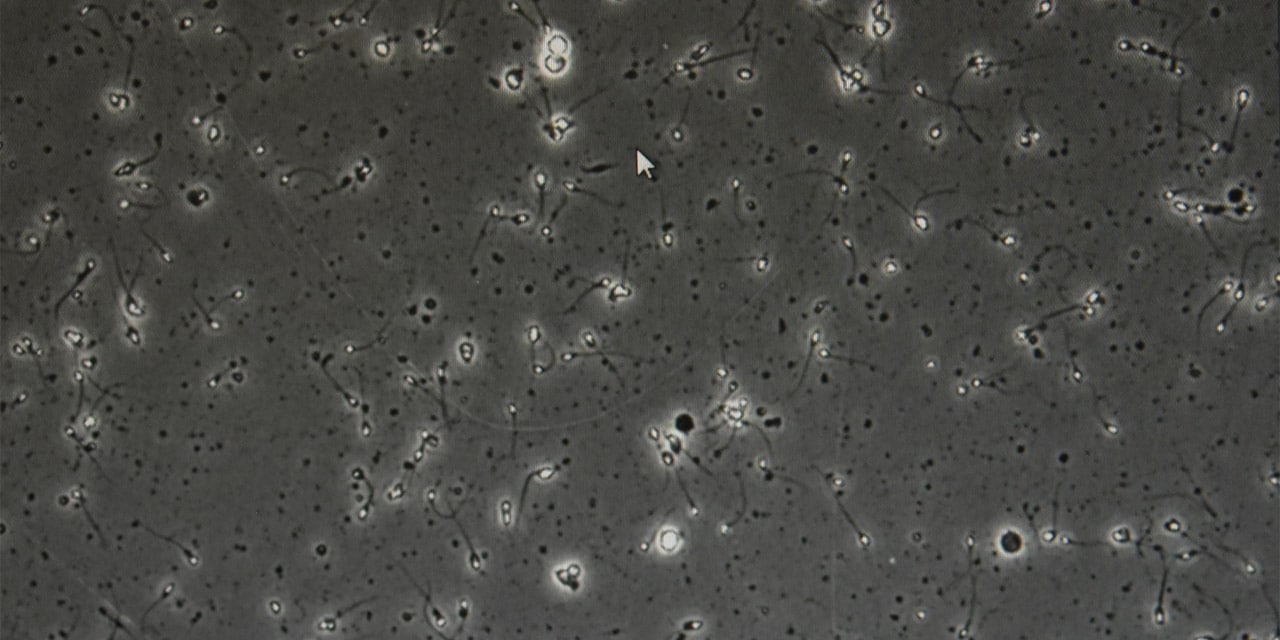[If you’ve decided to start IVF treatment, it’s only natural to wonder how long the process will take, how it might affect your sex life, or when you can try again if you don’t get pregnant on the first attempt. In this article, we answer some of the most frequently asked questions on the subject].
The first time you undergo IVF can feel like a leap into the unknown, so it’s natural to have doubts or feel a little insecure. If you’re about to start an IVF cycle and this sounds familiar, don’t worry—it’s perfectly normal.
The most important thing is to keep a positive attitude and approach it as a ‘long-distance race’. It may work the first time, it may take longer than expected, or it may not work at all. Many factors are at play, and while some are known or can be anticipated, others are not.
Dr Isabeth González, a gynaecologist at Dexeus Mujer, is a fertility expert who knows all too well the most common concerns of women starting IVF treatment. So, we asked her to briefly answer the questions most frequently asked by patients:
How long does the treatment usually last, and what is the overall success rate?
Ovarian stimulation in IVF treatment typically lasts about 10 to 12 days, plus an additional 5 days if a fresh embryo transfer is performed. Success rates vary depending on the woman’s age and other factors, but our data shows an overall success rate of around 50%.
Can I have sex during the treatment?
Sexual intercourse is not contraindicated during the ovarian stimulation treatment. During the first 5 days of treatment, you should not experience any noticeable changes. However, after this initial period, you may experience some symptoms, such as bloating or abdominal distension. For this reason, we recommend avoiding sexual intercourse during the last few days of treatment. If you do engage in sexual activity, please remember that we advise using a condom.
Ovarian stimulation: how many oocytes can be retrieved and what is the ideal number?
The number of oocytes retrieved during the follicular puncture depends on the patient’s ovarian reserve and her response to the stimulation, so the ‘ideal number’ must be determined individually, according to each patient’s unique situation.
If I do not respond well to the treatment, will I have to repeat the cycle? If so, how many times can I do this?
Your first IVF cycle also provides insight into how your ovaries respond to stimulation. Therefore, a failed first attempt can be seen as an opportunity to adjust and improve the stimulation protocol for future cycles. Generally, there is no limit to the number of attempts you can make. However, there may come a point where it is advisable to take a break and reassess your options.
Is it better to have a fresh or delayed embryo transfer?
There are currently no significant differences between the success rates of fresh and frozen embryo transfers. Each case must be assessed individually, and the best option should be determined on a case-by-case basis.
If I don’t get pregnant, how long will I have to wait before making a second attempt?
If the pregnancy test is negative after a transfer, a new endometrial preparation can be started with your next period, allowing for another embryo transfer to be carried out soon after.
We hope you’ve found this information helpful, but please remember that every woman is different. It’s important to discuss all your concerns with your gynaecologist, who knows your medical history and is best placed to answer any specific questions you may have.
Stay positive and good luck!


